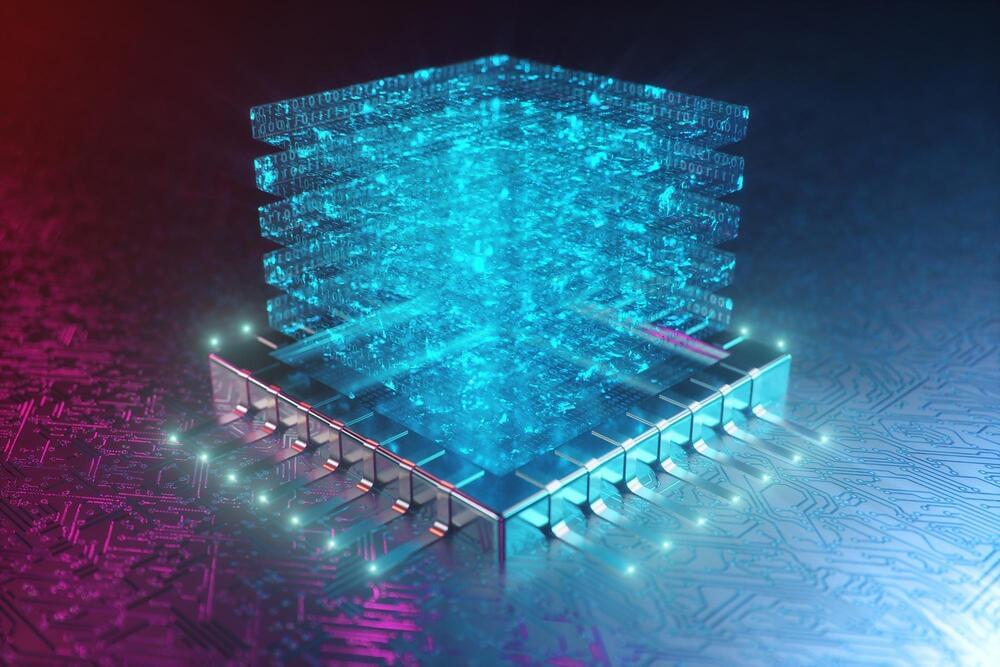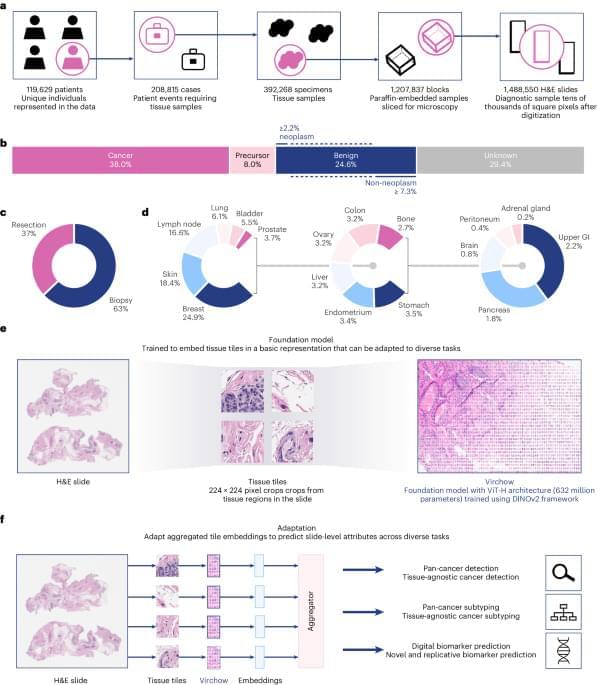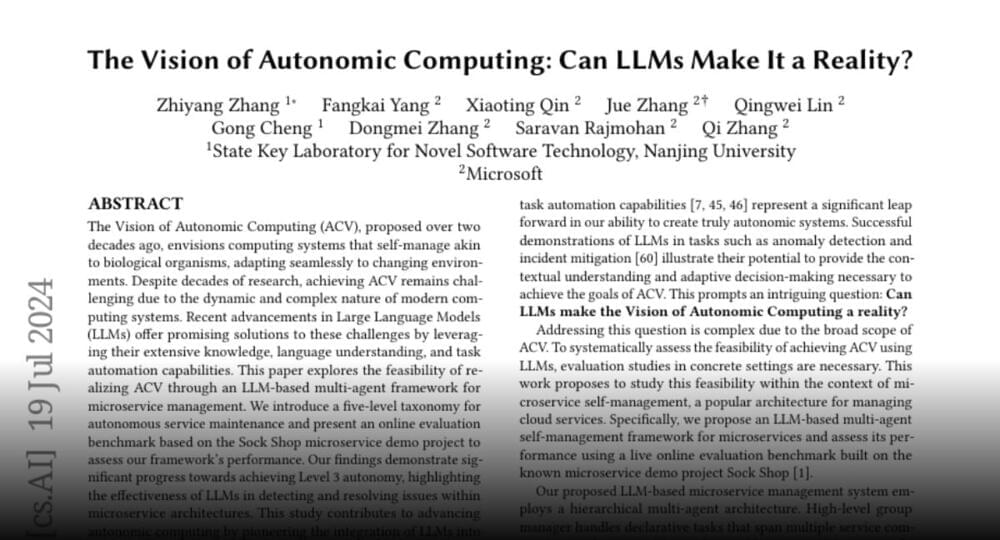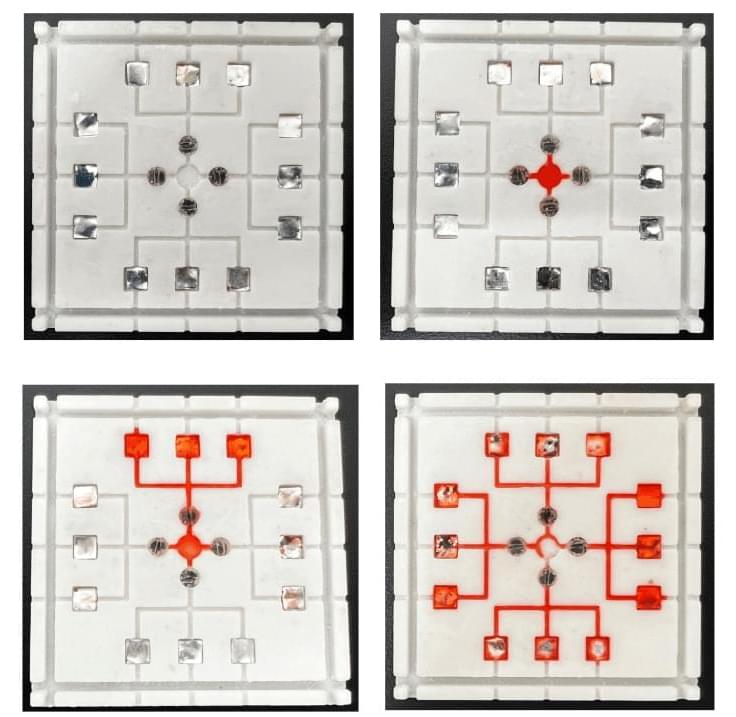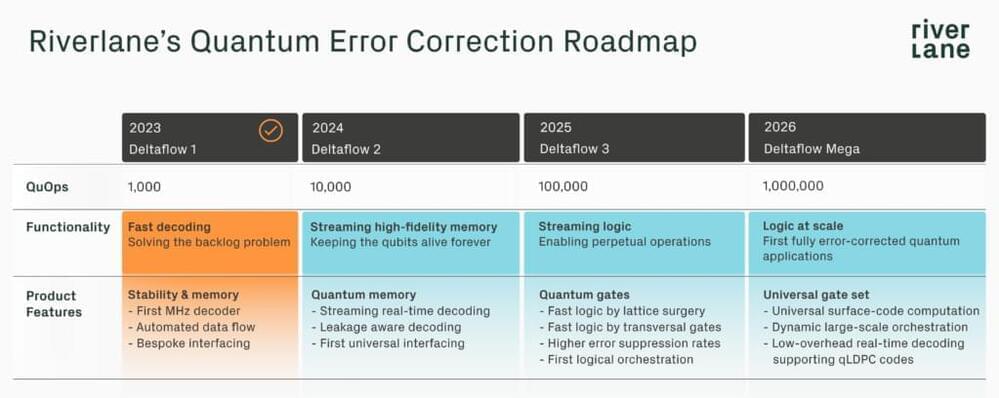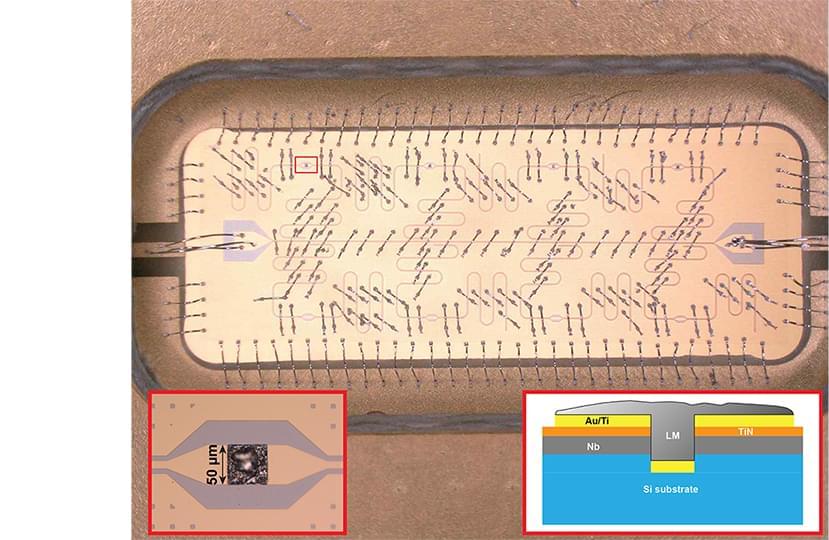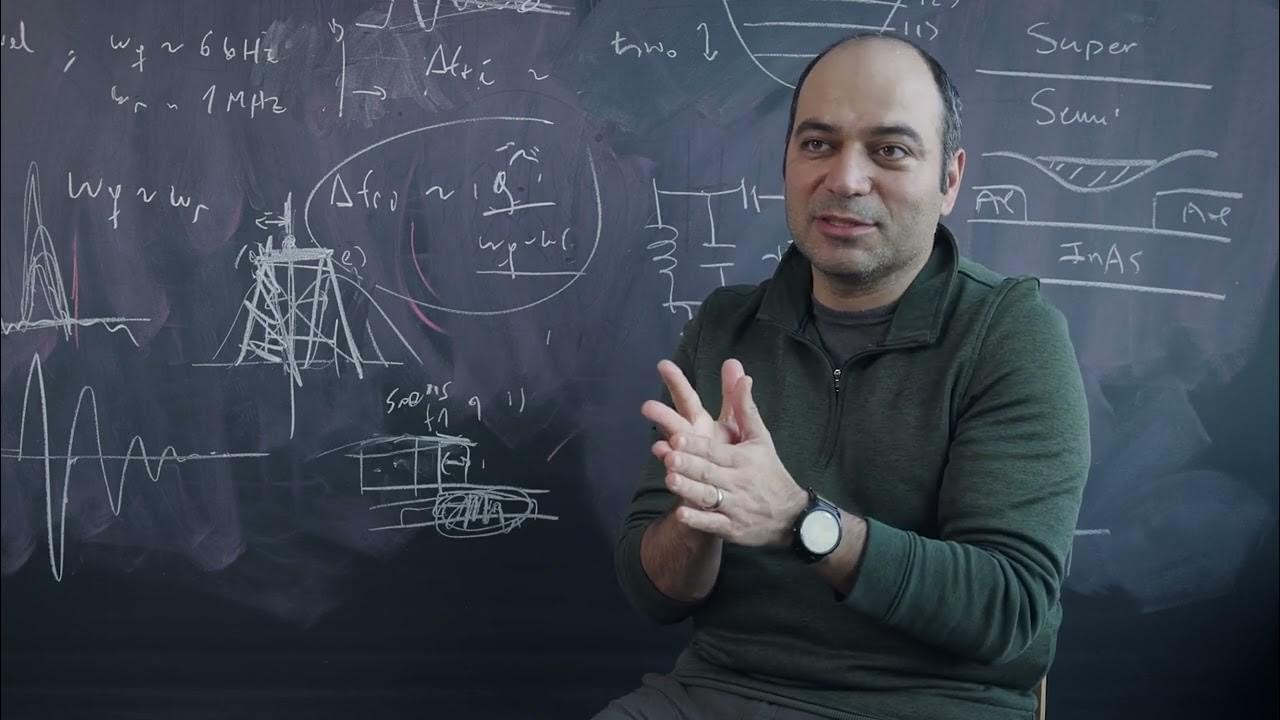Jul 23, 2024
Solving Quantum Mysteries: Physicists Confirm Entropy Rule for Entanglement
Posted by Saúl Morales Rodriguéz in categories: computing, cosmology, quantum physics
New research has established a reversible framework for quantum entanglement, aligning it with the principles of thermodynamics and paving the way for improved manipulation and understanding of quantum resources.
Bartosz Regula from the RIKEN Center for Quantum Computing and Ludovico Lami from the University of Amsterdam have demonstrated through probabilistic calculations the existence of an “entropy” rule for quantum entanglement. This discovery could enhance our understanding of quantum entanglement, a crucial resource underpinning the potential of future quantum computers. Although quantum entanglement has been a research focus in quantum information science for decades, optimal methods for its effective utilization remain largely unknown.
The second law of thermodynamics, which says that a system can never move to a state with lower “entropy”, or order, is one of the most fundamental laws of nature and lies at the very heart of physics. It is what creates the “arrow of time,” and tells us the remarkable fact that the dynamics of general physical systems, even extremely complex ones such as gases or black holes, are encapsulated by a single function, its “entropy.”

